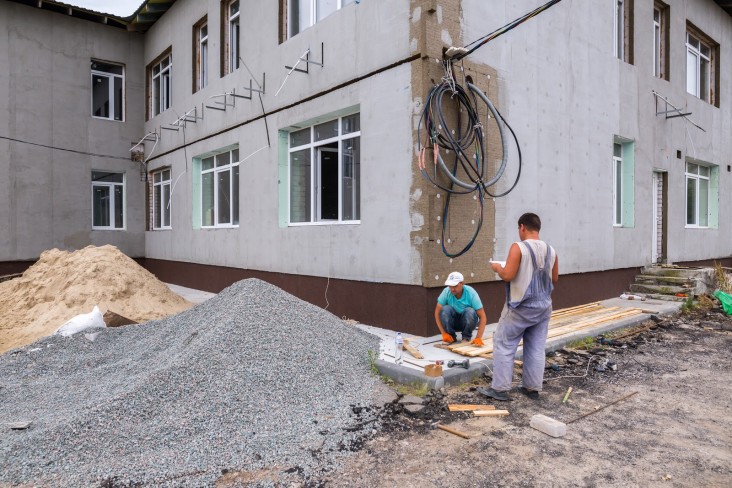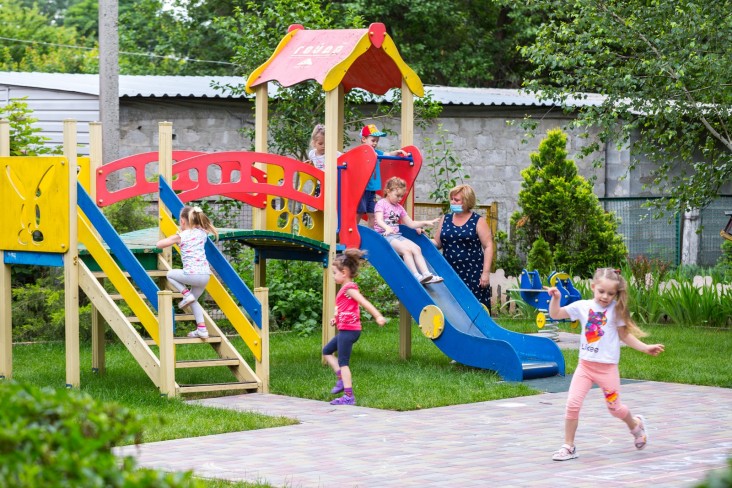Speeches Shim

Thanks to the hard work of the Ukrainian people and their local leaders, no country has come so far so quickly as Ukraine along the decentralization path. Working together through the Association of Ukrainian Cities, regular people have begun to take a direct role in guiding the actions of their local government. The results are impressive: there is more funding for new and improved roads, better health care facilities; better services for drinking water, wastewater, and solid waste; and generally greater citizen participation and local decision-making on government priorities and investments. These are key benefits of decentralized governance.
Since 2014, Ukraine has undertaken administrative and territorial structural reform of its towns and villages through consolidation to help local communities become stronger and more financially independent. USAID's PULSE activity, which is implemented by the Association of Ukrainian Cities, has supported the effort by advocating for the necessary legislation and then assisting communities to implement the new laws. Recent legislation provided the final touches on a multi-year effort.
In June 2020, the Cabinet of Ministers approved the reorganization of thousands of towns and villages into 1,469 consolidated communities. Then on July 17, Parliament approved the formation of 136 new rayons to replace 490 formerly existing ones.

However, to ensure that these new arrangements functioned effectively, the national budget system also needed critical revamping.
The Association of Ukrainian Cities was first to focus on bringing the national budget system in line with the new administrative and territorial arrangements. It was crucial that the newly consolidated communities had the resources to implement their newly acquired powers and provide high-quality public services. USAID’s PULSE activity worked closely with the Verkhovna Rada’s Local Government Caucus to draft new laws to fix the budget system. All factions of Parliament expressed their overwhelming support in the initial reading.
PULSE then organized and conducted a public awareness campaign in partnership with the Ministry of Community and Territorial Development, high-level government officials, parliamentary committees and MPs, mayors, and public opinion leaders. The broad-based effort worked through both traditional and social media to emphasize the benefits of decentralization.
The President’s recent approval of this new law is of historic importance as it eliminates the basic inequality between communities, by which some communities were directly tied to the national budget, while others received their budget through their raion government.

According to the new law, all 1,469 communities will now fully share budget revenue sources, which will include 60 percent of personal income tax, local taxes and fees, rent payments, payments for the use of communally-owned property and land, and fees for administrative services and transfers.
The law’s approval prior to the October 25 local elections, the first to involve all the communities in a newly established decentralized structure, is important. The new leaders of communities across the country will benefit from a solid financial foundation to better serve their citizens. This new law gives Ukraine’s communities the self-reliance to make their own decisions on how best to improve the welfare and living standards of their residents. It is another step in providing Ukrainians the prosperity they deserve.

Comment
Make a general inquiry or suggest an improvement.